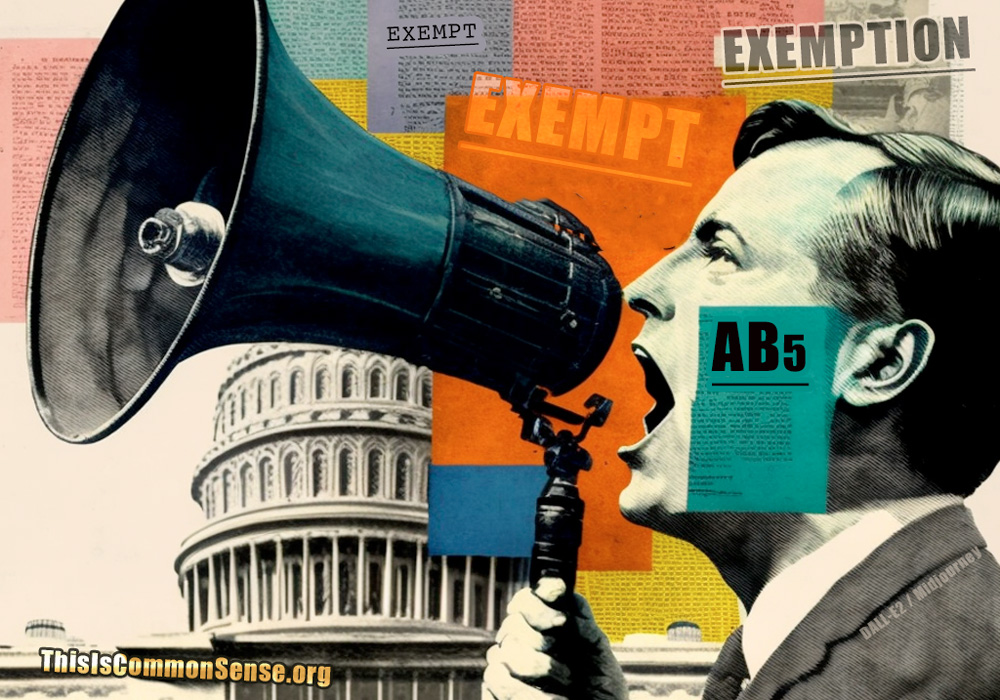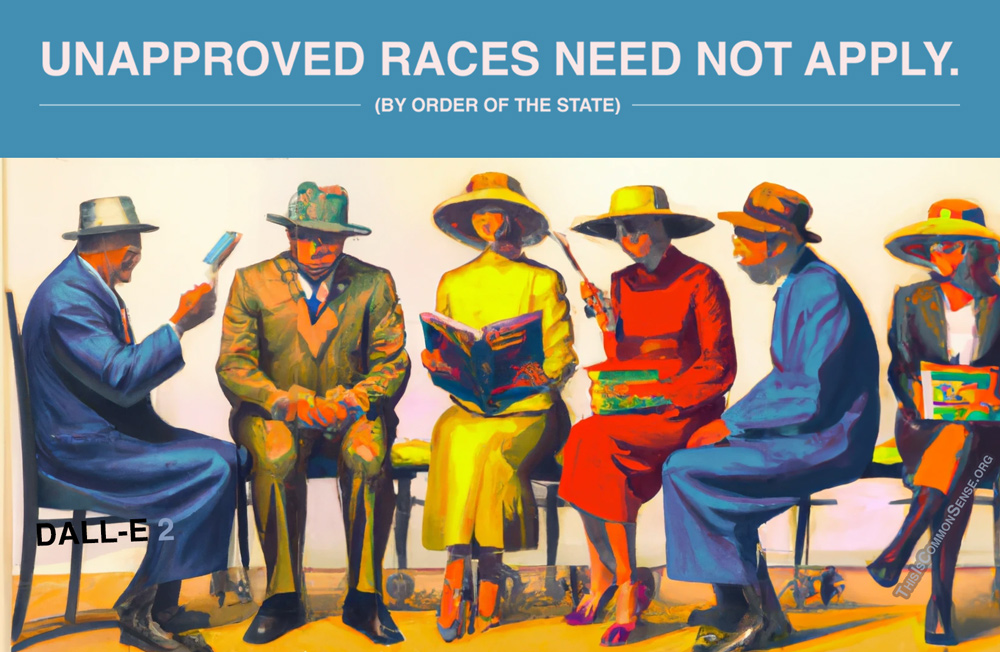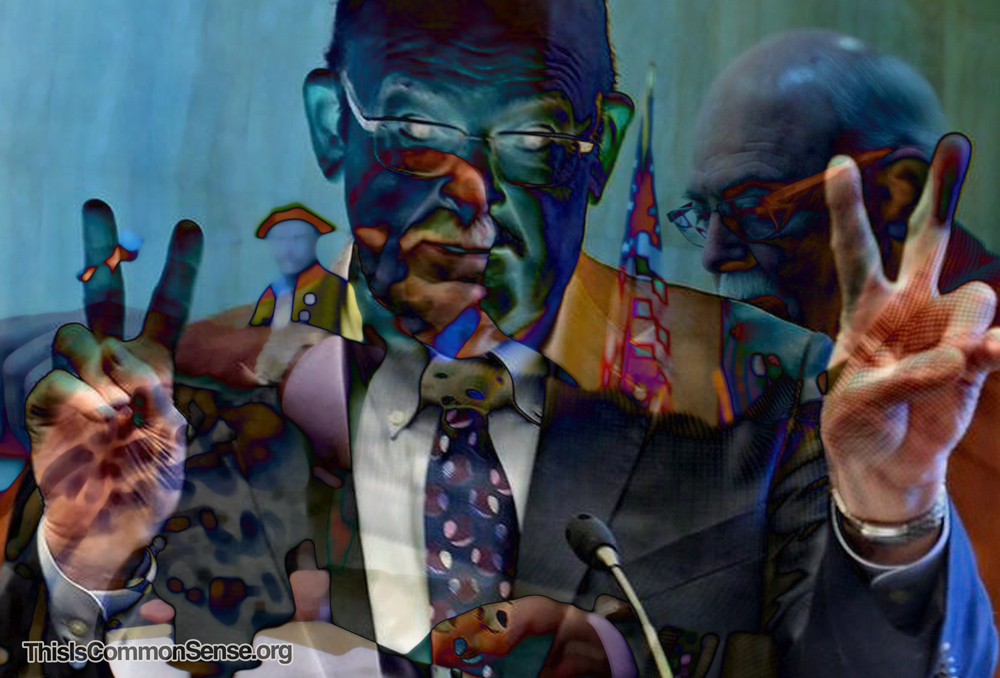After Texas Attorney General Ken Paxton legally challenged how several states conducted the 2020 election, dozens of lawyers submitted complaints.
To the state bar.
Their idea: disbar the Republican officeholder for daring to oppose the current Democratic narrative about “election denialism.”
The Office of Chief Disciplinary Counsel dismissed those initial complaints as “not demonstrat[ing] Professional Misconduct,” but several attorneys appealed the decision, including a friend of Paxton’s Democratic opponent in the 2022 election for attorney general. The Texas State Board reversed the dismissal. Now a judge has allowed the case against Paxton to go forward.
The threat of disbarment is increasingly being wielded as an ideological weapon and without regard to whether targeted individuals have committed any wrongdoing worthy of disbarment. It’s the lawyers’ version of cancel culture.
This is demonstrated in a lengthy report by Margot Cleveland in The Federalist, who details many other instances as well as Paxton’s.
These include the DC Bar’s pursuit of former Assistant Attorney General Jeff Clark and the California Bar’s pursuit of John Eastman, among a “barrage of politicized bar complaints pursued against Republican lawyers who provided legal advice or litigated various issues in the aftermath of the November 2020 general election.”
The purpose, then, is not to combat corruption but to corruptly intimidate any lawyers inclined to represent Republicans in challenges of dubious election results. One malefactor is a group called 65 Project, targeting more than a hundred Republican-aligned attorneys but no Democrat-aligned attorneys. Seems partisan.
Should lawyers who seek to disbar lawyers solely because of political disagreements be disbarred themselves?
This is Common Sense. I’m Paul Jacob.
Illustration created with PicFinder.ai
—
See all recent commentary
(simplified and organized)





